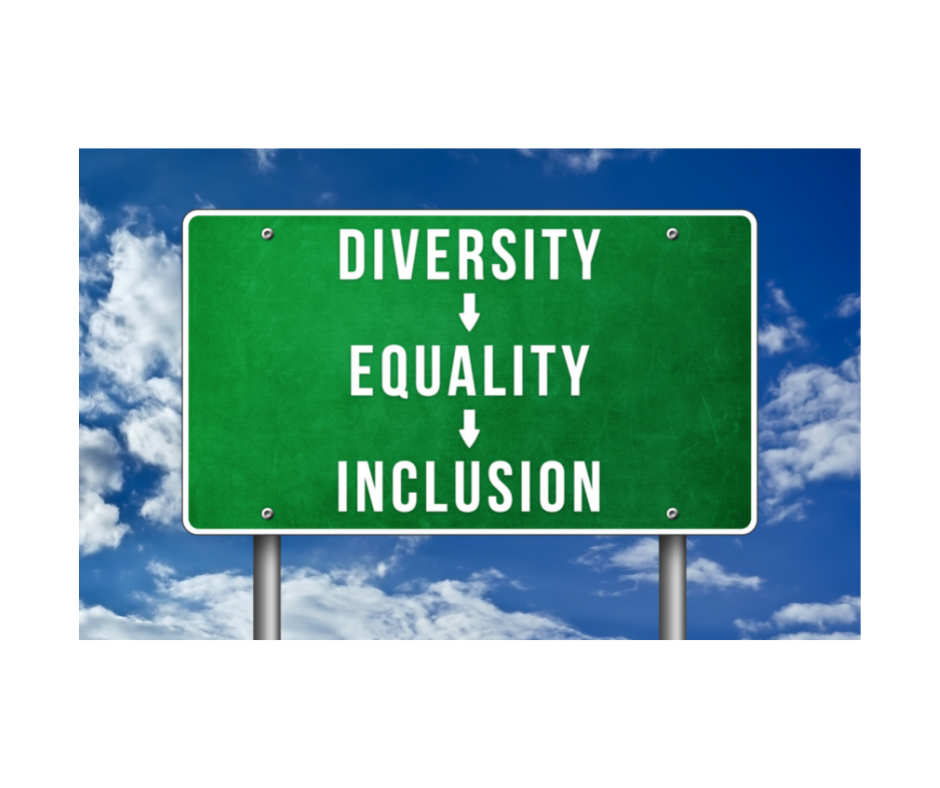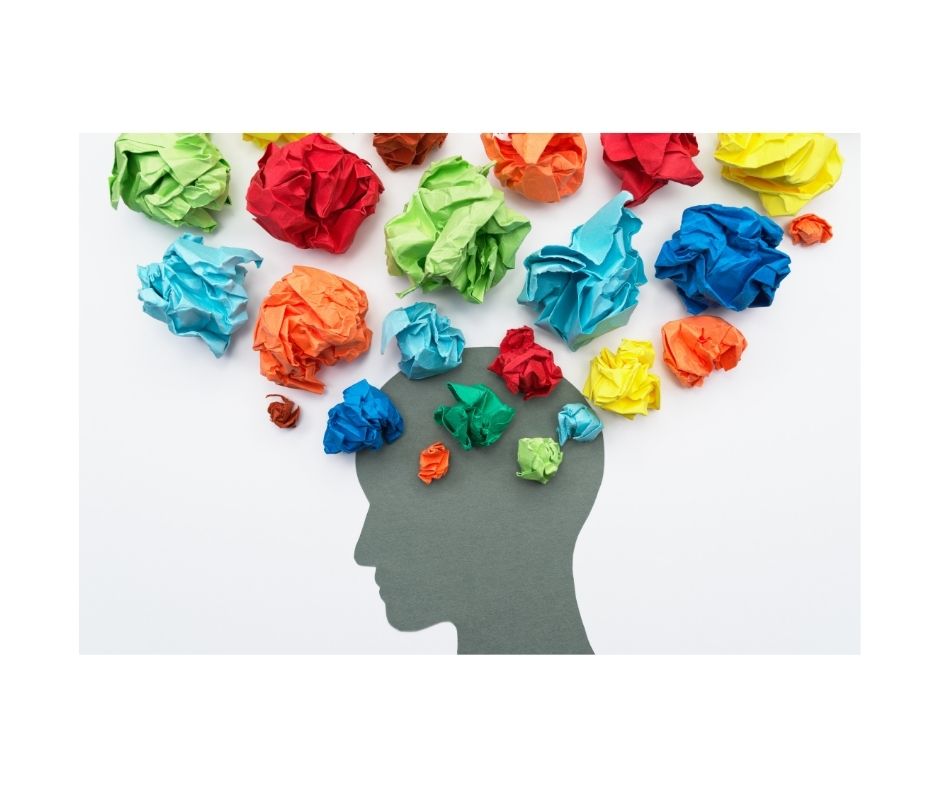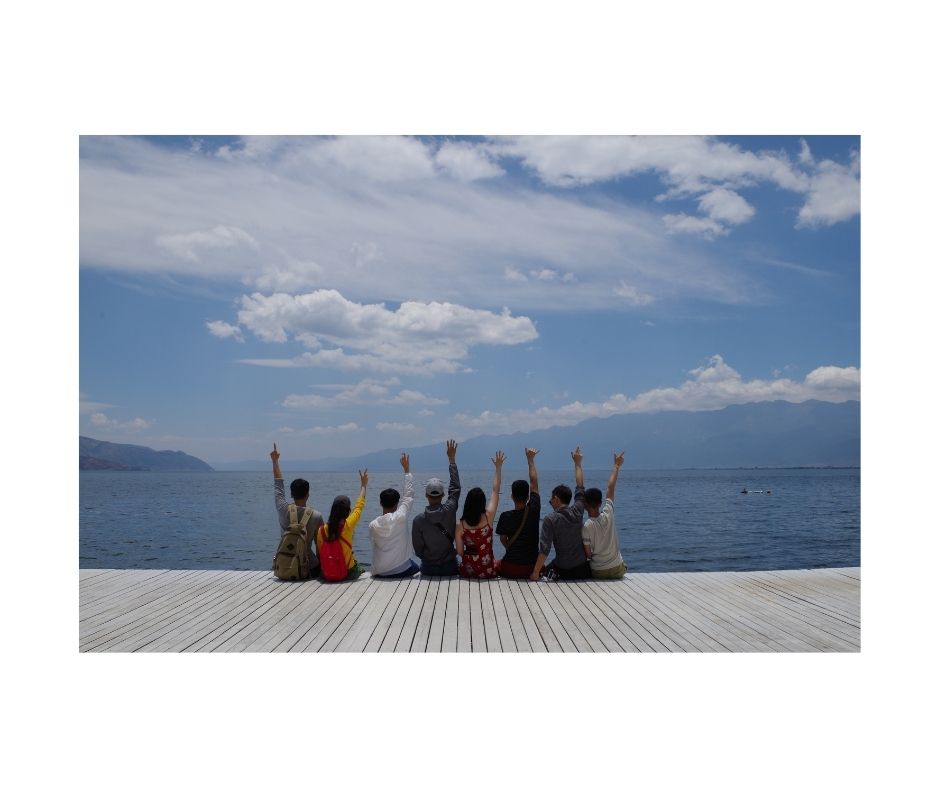Welcome to Stepford!
The film ‘The Stepford Wives’ examines a number of important issues in terms of gender equality and women’s liberation. I remember hearing the term ‘Stepford wife’ prior to seeing the film, prompting me to watch it. I was interested in how women’s rights were explored by designing women as robots subservient to their husbands. Whilst the film explores the idea and practise of forced submission to a power figure within marriages and as a community, it’s a model which I’ve noticed filtered throughout society in other ways. The film also explores the concept of diversity, how the idea of someone being different, relative to the group norm, is condemned. In the film condemnation is expressed through a pseudo welcoming, to then encourage force moulding of the outsider wife into a robot. This concept of diversity, along with The Stepford Wives, remains extremely relevant today in many settings. Rarely is there a genuine appreciation and respect for people’s differences. There is so much emphasis in the social conversation of diversity about ethnic, religious, class, gender, sexuality, age and disability diversity and having this physically represented within spaces. This is not to say that this diversity is not important, it absolutely is and I even find that diversity amongst these groups is not effectively executed. What I am more referring to is genuine diversity amongst people where inclusion of certain groups or people is uncomfortable, or requires creative change to include them. For example, when modifications need to be made to effectively include people so that they can apply themselves and reach their full potential; whilst successfully contributing to a group’s goals. I recently read a post on LinkedIn about an experience of a young lady who was trying to gain employment but continued to face barriers of employers who were unwilling to accommodate someone in a wheelchair. Unfortunately, unwillingness to make positive changes for people is riddled in many spaces. The COVID-19 pandemic shed light on issues where inclusion of certain people is more uncommon. For example, people suffering with mental illness and managing mental health, and people who have more unique and introverted personality types. What became clear was that society and workplaces are often structured and catered to accommodate more extroverted personalities. Much of the mental health care which was provided from employers during the pandemic was to ensure that people were managing ok with lockdowns and the lack of social mobility. Whilst it is a positive thing to see improved access to mental health care services, mental illness is rampant outside of a global pandemic. I often hear how mental illness and mental health care is more accepted today however, in instances where modifications need to be made to someone’s schedule, environment or way of living, it can sometimes be more unaccepted or perceived as an inconvenience. Similarly, the pandemic saw plenty of people working from home which was quite energising for many introverts out there. This sort of flexibility is something which should be respected a lot more. The genuine appreciation for diversity is also the creation of environments and spaces which allow people to reach their full potential. In turn ultimately benefiting the organisation or group which someone is part of. Modifications for people can be so simple and overall contribute to wellbeing. For many people having the ability to work from home can allow them to properly focus on objectives and work to their maximum potential, as they are separate from social politics and distractions. This sort of setting should be better understood as productive and not as disinterest in the organisation, group or people. An enhanced understanding about personality types and what they need is essential for sustainable relationships. If working from home meant that a person was able to maintain their personal wellness and uphold the best work performance for themselves, then this should be valued and permitted. The wellbeing and sustainability of people is critical in achieving goals, maintaining healthy relationships and generating positive output. Overall, the Stepford model of forced moulding for everyone to be the same is outdated and unproductive. Modifications is a key element of success and should be highly regarded as a tool for organisational and personal success.
Welcome to Stepford! Read More »



